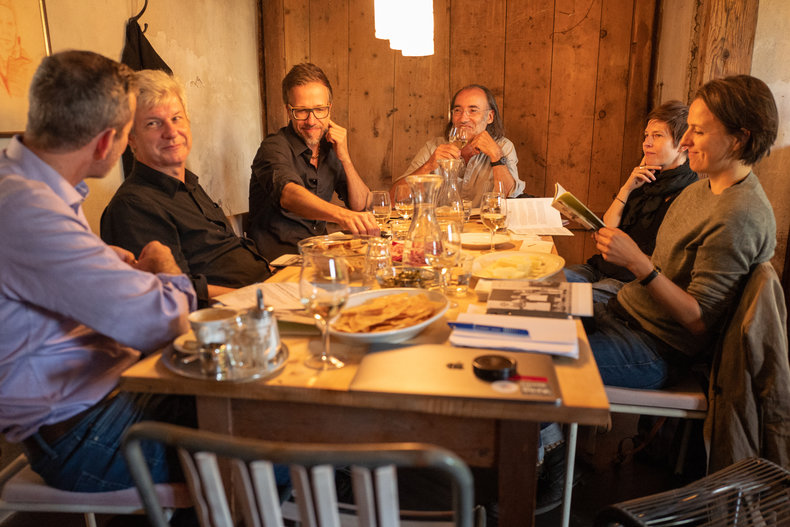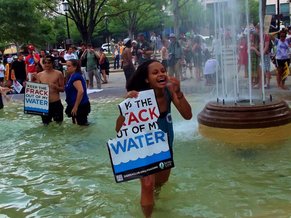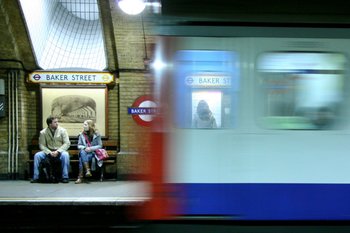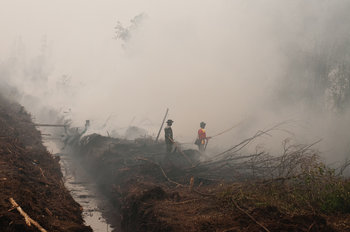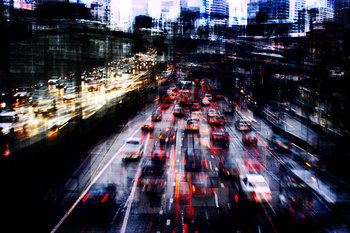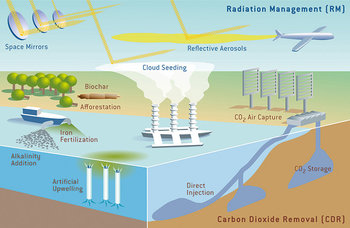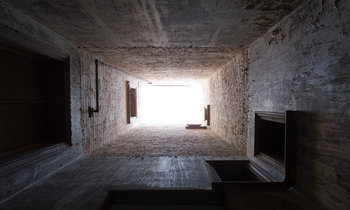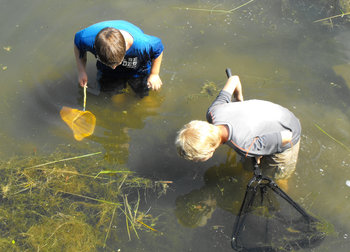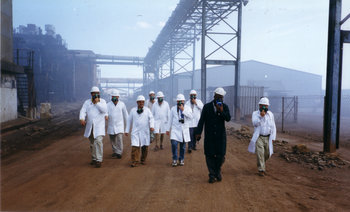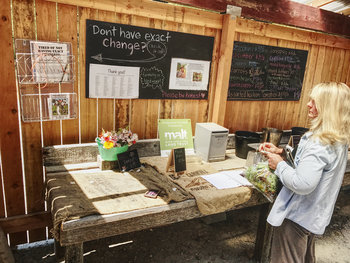|
| |
Slow food is a subculture centered around the idea that food production, preparation and consumption is something to be relished and enjoyed as opposed to fast, cheap and convenient. This is associated with social dining, sustainable and ethical agriculture, local seasonal ingredients, food appreciation, biological diversity initiatives such as seed banks and preservation of food culture.|
Type | | Definition | Taking time in the production, preparation and consumption of food in order to make it a sustainable, local, social and culturally rich activity. | Value | Reducing environmental problems associated with industrial agricultureKeeping culture such as food heritage aliveDefending biodiversityPotential health benefitsA method of community and social interactionSupports local economyPotential to make cities greener with techniques such as rooftop gardens. | Related Concepts | |
Sustainability
This is the complete list of articles we have written about sustainability.
If you enjoyed this page, please consider bookmarking Simplicable.
© 2010-2023 Simplicable. All Rights Reserved. Reproduction of materials found on this site, in any form, without explicit permission is prohibited.
View credits & copyrights or citation information for this page.
|
